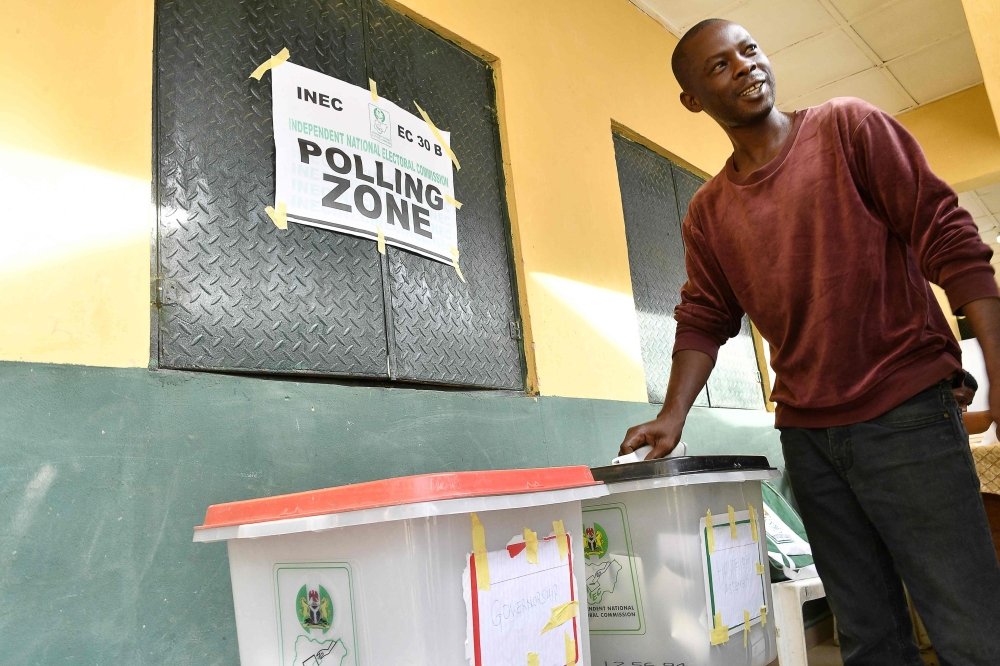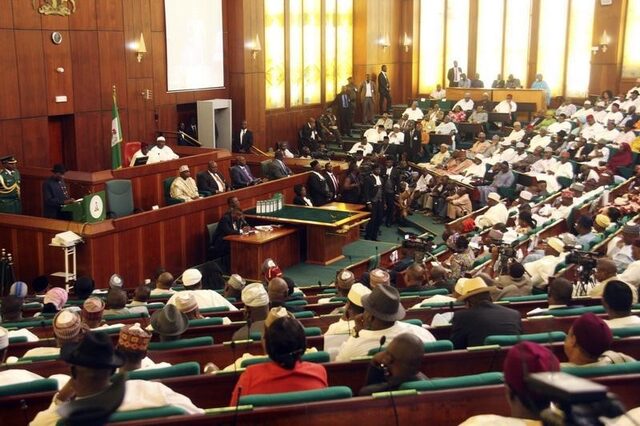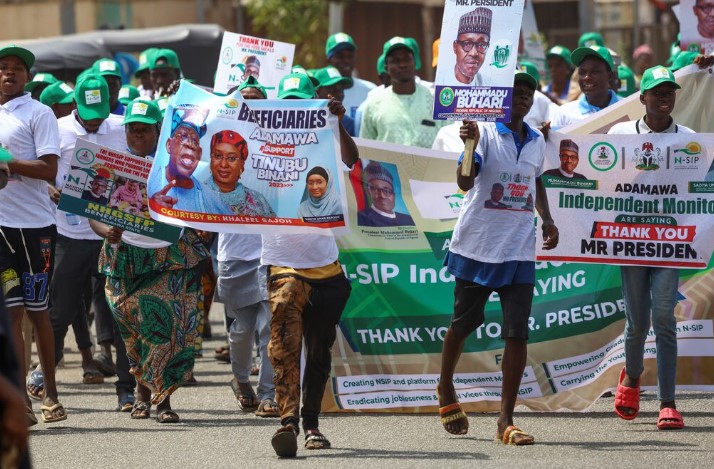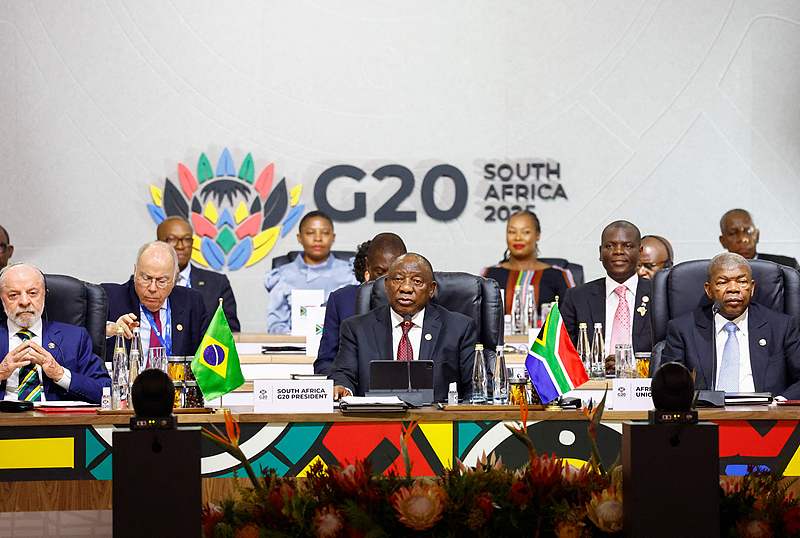
Nigeria’s compulsory voting bill sparks controversy amid voter apathy crisis
In February 2023, Nigeria held its general elections to elect a new president, governors, senators, and members of the National Assembly.
Despite a record 93.4 million registered voters in a nation of nearly 200 million people, only about 25 million, or roughly 27 percent, turned out to vote. This stark voter apathy prompted a controversial legislative response: a bill co-sponsored by Speaker of the House of Representatives Tajudeen Abbas and Labour Party representative Daniel Asama Ago to amend the Electoral Act, and make voting mandatory for all eligible Nigerians in national and state elections.

Supporters versus critics
The bill proposes stringent penalties for non-compliance, including a six-month jail term or a ₦100,000 fine (approximately $60) for citizens over 18 who fail to vote. Proponents argue that compulsory voting could reverse Nigeria’s declining voter turnout, which has been a persistent issue since 2007. They attribute low participation to electoral fraud, widespread distrust in institutions, and ongoing security challenges, believing that mandatory voting could restore civic engagement.
However, the bill has ignited fierce opposition from lawyers, human rights activists, and citizens who argue it violates Nigeria’s constitution.
Abuja-based lawyer Martins Obono called the proposal “draconian” and an “assault on fundamental rights,” emphasizing that the constitution guarantees citizens the freedom to choose whether to vote. Senior Advocate of Nigeria Femi Falana echoed this sentiment, labeling the bill “unconstitutional” and “impractical.” He argued that it contradicts constitutional protections for privacy, freedom of thought, and freedom of conscience, rendering it legally untenable.
Civil rights groups have also chimed in on the bill, warning that forcing people to vote does not address the root causes of voter disengagement, such as distrust in the electoral process and systemic inefficiencies. They argue that the measure could disproportionately harm marginalized communities, who may face logistical barriers to voting, such as lack of access to polling stations or fear of election-related violence.
“This law doesn’t make sense to the common man on the streets,” Obono added, questioning its enforceability. “The Nigerian government lacks the capacity to imprison over 10 million people or collect fines from them.”
Declining voter turnout: A persistent challenge
Data from the Independent National Electoral Commission (INEC) underscores the scale of Nigeria’s voter apathy. Voter turnout has been declining steadily since 2003, when it peaked at 69 percent during the first general election after Nigeria’s return to democracy in 1999. Subsequent elections saw turnout drop to 57.5 percent in 2007, 53.7 percent in 2011, 43.7 percent in 2015, and 34.8 percent in 2019.
This decline persists despite efforts to boost voter registration. In 2023, President Bola Ahmed Tinubu of the All-Progressives Congress (APC) won with just 8.79 million votes—36.61 percent of the votes cast, representing less than 10 percent of registered voters. This outcome highlights a disconnect between registration drives and actual participation, fueled by skepticism about electoral integrity and security concerns in parts of the country.

The compulsory voting bill has sparked a national conversation about civic responsibility and the state of Nigeria’s democracy. While its sponsors see it as a bold step to combat voter apathy, critics view it as an overreach that could undermine democratic freedoms.
The outcome of this debate could shape Nigeria’s electoral landscape for years to come, either by enforcing participation or prompting a deeper reckoning with the systemic issues that keep voters away from the polls.






